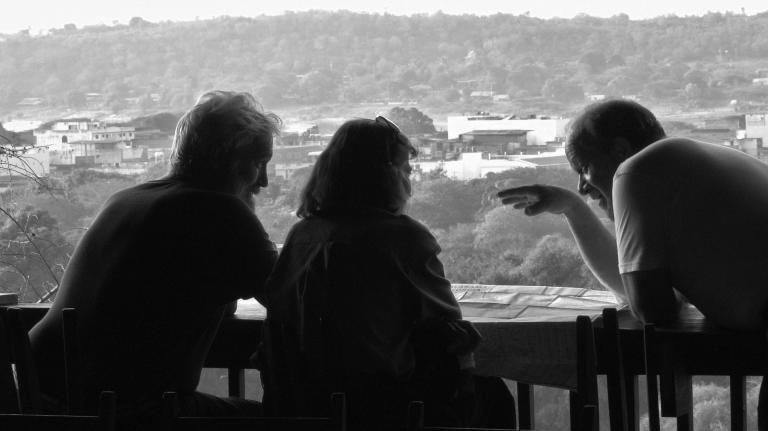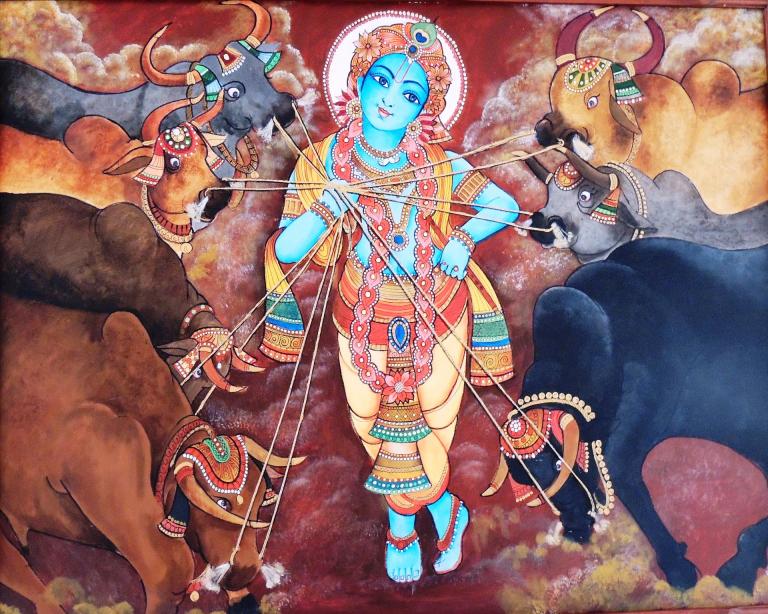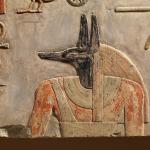In our most recent podcast, the second of a series called “Storytelling”, my family and I shared Creation Myths. Each of us chose two stories from different pantheons or religions, and then set about telling (in our own words or with embellishments) tales of the origins of various gods, the utility of sacred cows, a pissed off progenitor, and the beginning of what humanity calls “everything”. Why did we do this and why will we continue to share various myths and stories throughout the episodes of this series?
Stories are important.

Stories help people see the bigger picture. Stories help the listener understand what’s going on in society or culture (past and present). Through narrative, improvisation, or a little bit of “theatre”, stories preserve history, share insight into the human psyche, help individuals develop social and emotional skills, and provide a bit of cautionary advice.
And while there is always value in reading a book (to oneself or aloud), our current method of receiving stories through television and movies while fun does not allow a person to experience the story in quite the same way as through the oral tradition of a storyteller. A storyteller, who through voice, tone, language, vocabulary and gestures relays the information in a much more intimate fashion even when addressing a large group (or in our case a podcast, even though you can’t see our gestures or facial expressions).
Listening to a person narrate a story invites the mind to create images and characters based on what they are hearing, allowing the imagination to take the information and visualize or experience the scene in a more personal way.
The earliest civilizations told stories through “oral tradition.” Before cuniform, runic alphabets or other forms of writing were developed, people told stories to one another as a means of passing down important information about their spiritual beliefs, family or tribal histories, and other important information they needed for survival. Stories which were not simple entertainment but lessons for all members of a community (young and old) to learn and pass on.

We have the benefit of having a myriad of written languages and stories which have been recorded thanks to the development of writing. However, the importance of storytelling should not be dismissed in favor of the written word and oral tradition should not be considered “ancient”, “old-fashioned” or out of step with modern society.
According to an article on RoseandRex.com, the value of storytelling (in the way of oral tradition) is that the listener is required to create characters and visuals in their own mind while listening to the story because there is no other stimuli other than through hearing it. For this reason, telling stories to children (known or created fairy tales, family stories, amusing anecdotes, stories which recount the activities of the day and inviting children to participate by sharing their own stories) is essential for cognitive development. Listening to stories stimulates their auditory system and helps them develop language which they need to communicate their own narrative to others.
Another reason Car, Ode, and I love to tell and listen to stories is because doing so connects us to a shared past with our spiritual community. As a self-initiated Solitary Green Witch, hearing the stories and myths of the Greek, Roman, Norse, Egyptian, Hindu, Japanese, Native American, et al., pantheons allows me to understand (ancient and modern) cultures which are not part a major part of my practice. They help me learn more about the individual deities with whom I do practice.

My personal belief is that storytelling should be as vital to a Pagan, Witch, Wiccan, Druid, Heathen practice as any other ritual in which one may participate or facilitate. A task which is easier when part of a coven, group, grove or kindred, but we solitaries can find ways to make storytelling a part of what we do as well when we participate in large festivals or Pagan events by sitting down, gathering a group of people and sharing a few favorite myths or inviting others to share the stories they know.
So, I encourage you to learn the stories of your tradition or any myth, fable, poem or fairy tale which interests you and share it with others. Sit around a campfire and tell ghost stories. Bring the epic adventures of your favorite heroes to life with your words. Create your own stories of daily life or travel adventures you’ve experienced.
Become a storyteller, so that others who listen can know what’s important to remember.
——-
Want to hear stories and more? Check out 3 Pagans & a Cat on SoundCloud.


















